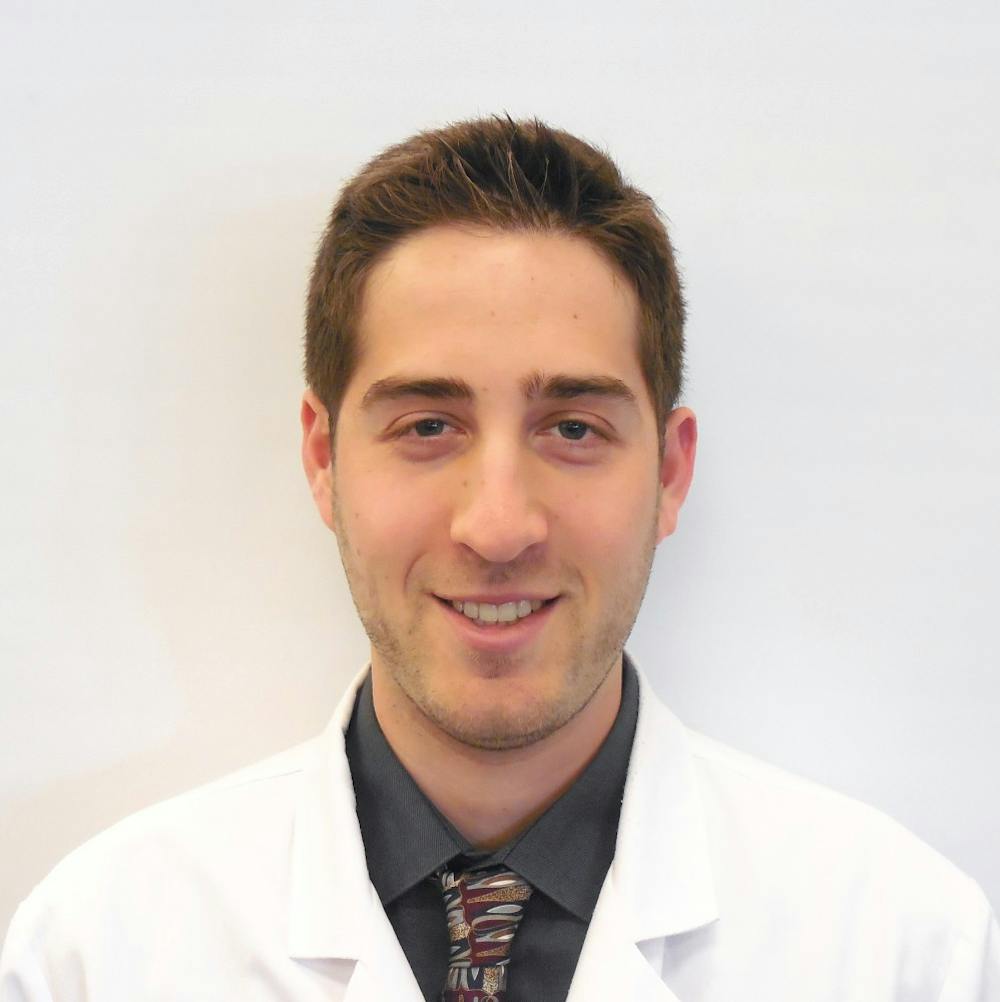University medical students published a petition on change.org Mar. 14 calling for reform in medical education. The petition was published in collaboration with resident physicians, staff and faculty in the University Health System.
The petition calls for reinstating the role of the notes and findings taken by medical students in billing purposes after review by resident physicians, medical doctors and osteopathic doctors.
This was standard procedure as recently as a decade ago, however, language in CMS Medicare Claims Processing Manual, chapter 12, section 100.1.1, number 6 is now interpreted by many institutions in a way that doesn’t allow for medical students to take part in this role in patient care.
“What has happened now is that the medical student has been essentially cut out of that equation. The med. student still takes notes, but they aren’t checked or passed on to the next level...the medical student very rarely gets feedback on his/her work,” medical student Daniel Luftig, who created the petition, said.
The petition is being met with support throughout the field due to the institutional benefits experienced by current medical professionals having gained this crucial experience during their education.
According to an email, 150 of the 450 signatures at the time were from Virginia — primarily Charlottesville — approximately 100 were from North Carolina, 50 were from Washington State and 45 other states have each contributed a handful. Numerous medical practitioners have left messages of support on the petition page, which stands at 573 out of the necessary 1000 signatures.
“Many educators, if not all educators, will tell you that ‘It wasn’t like this when I trained, I wish it wasn’t this way because it is detrimental to education,’” Luftig said.
Anem Waheed, a resident physician in the University Health System, elaborated on the necessity of this change.
“Medical students have a lot to learn,” Waheed said. “If they write notes and then receive feedback, it can really help in their education and also in the workflow to make patient care more efficient. Residents spend 30 to 40 percent of their time on documentation. If I could start my notes from where the students left off, I would have more time for teaching, learning and most importantly, caring for patients.”
The discussions regarding this issue had not been adequately visible in the past, and hence weren’t acted upon, Luftig said.
Unlike many changes in medical and pharmaceutical policy, Luftig said he does not expect the petition to be met with any political or institutional opposition.
“It hasn’t [been] that there is anyone opposing it, saying that they don’t want it to be this way,” Luftig said. “It’s just that nobody has actively pushed for it.”
Luftig said the goal of this petition is to start a larger conversation about this topic.
“We hope that media outlets or someone influential in the medical education world might pick up on it, or some organizations such as the American Medical Student Association or the American Association of Medical Colleges might decide to reach out to the CMS [Center for Medicare and Medicaid Services],” Luftig said.
As of now, there is not much undergraduate involvement in the petition.
“So far we haven’t reached out to undergrads, we have reached out to medical students and residents, some of the faculty involved have reached out to other faculty,” Luftig said.
However, undergraduate students and others are encouraged to get involved, since the petition directly affects education in the field and patient care, he said.
“Anyone is a potential patient, and the students, especially at U.Va., are potential medical students,” Luftig said.







